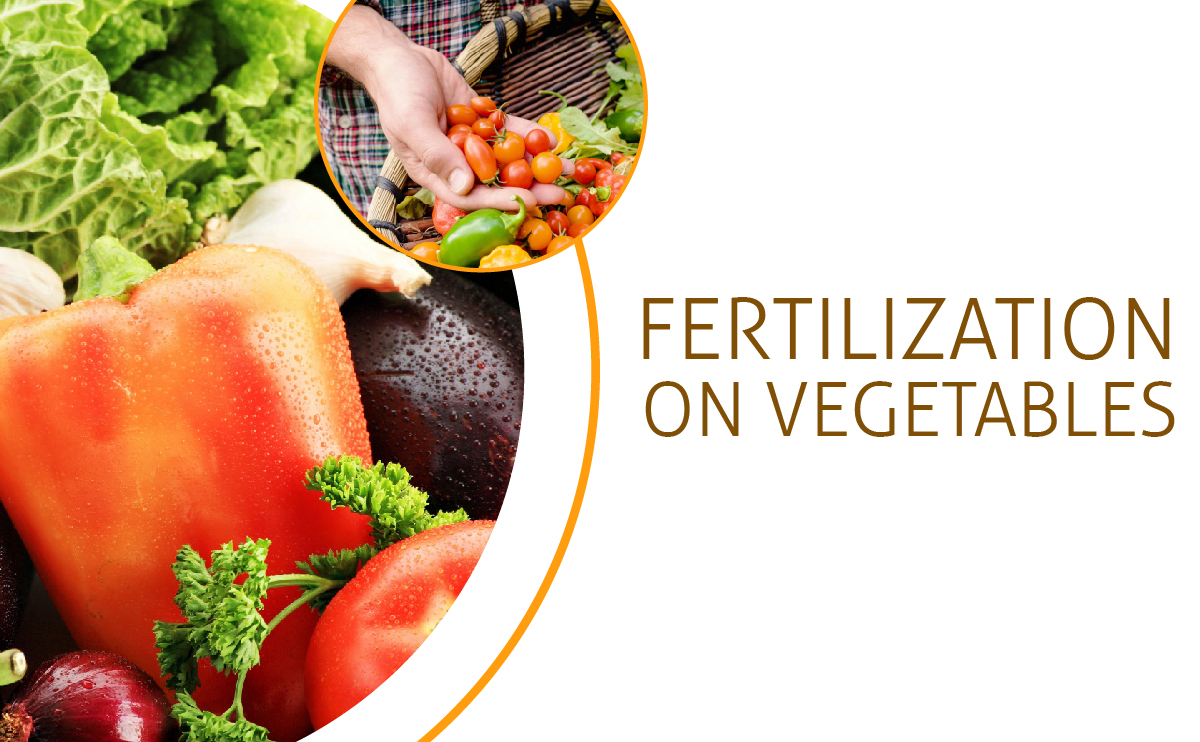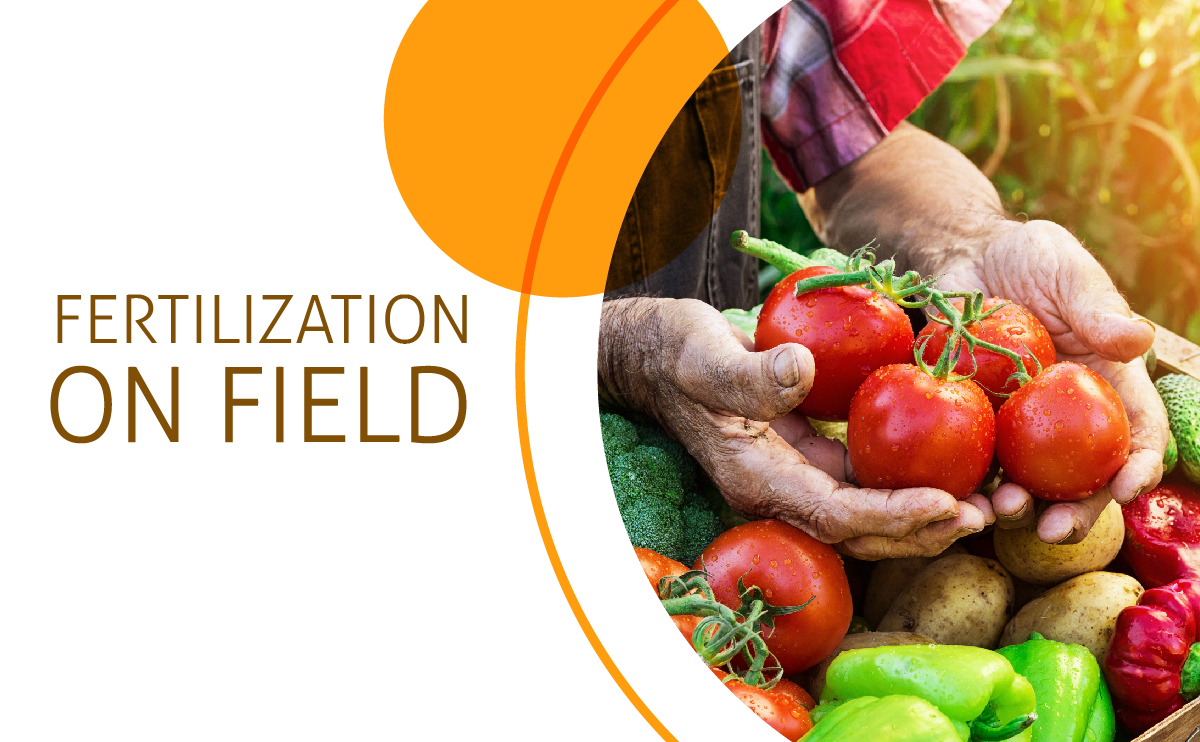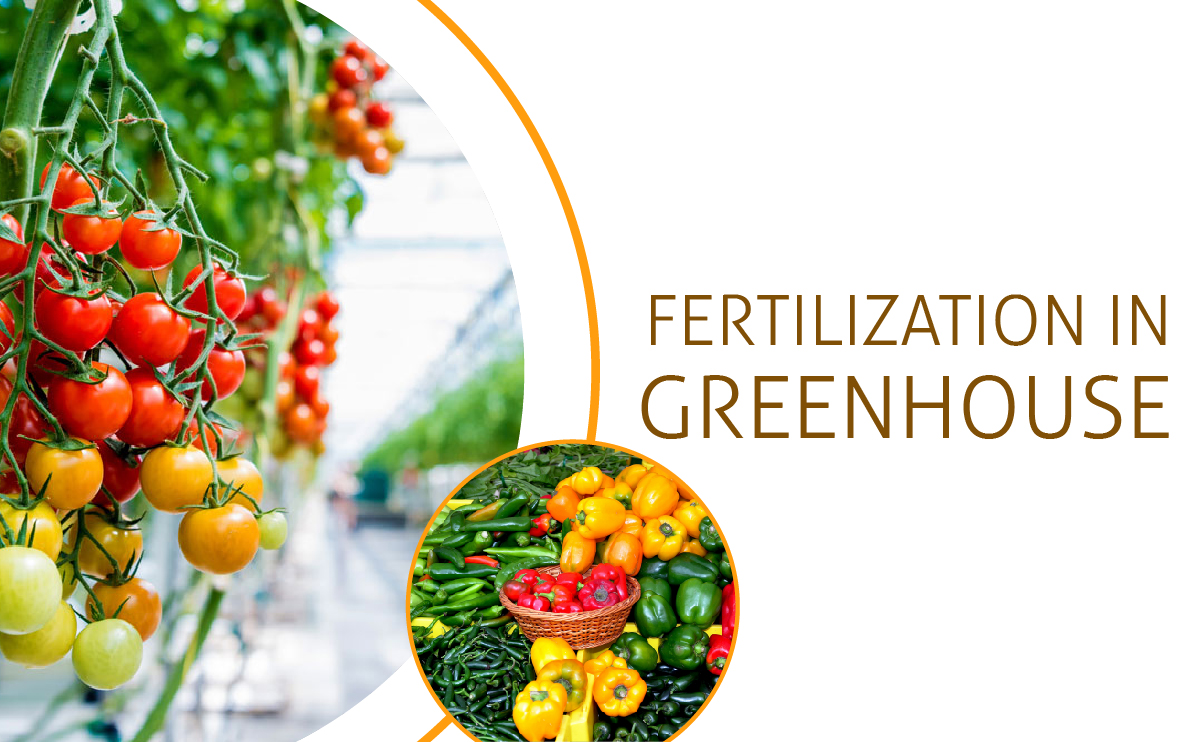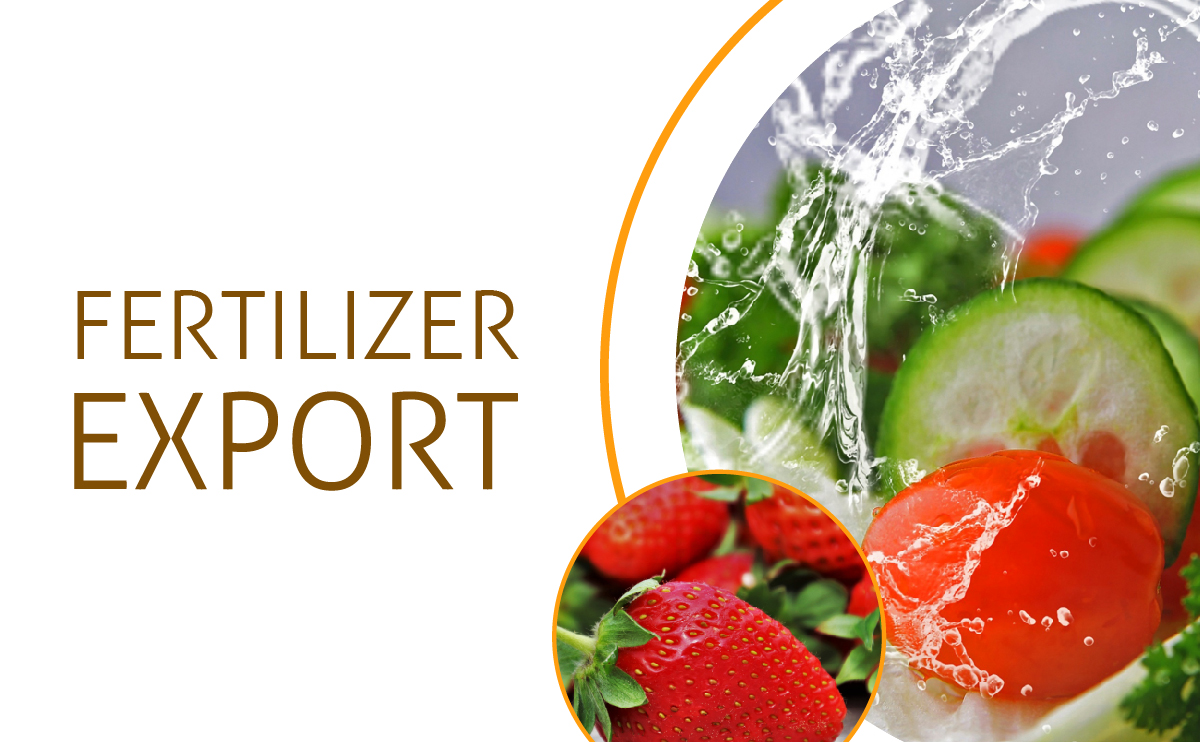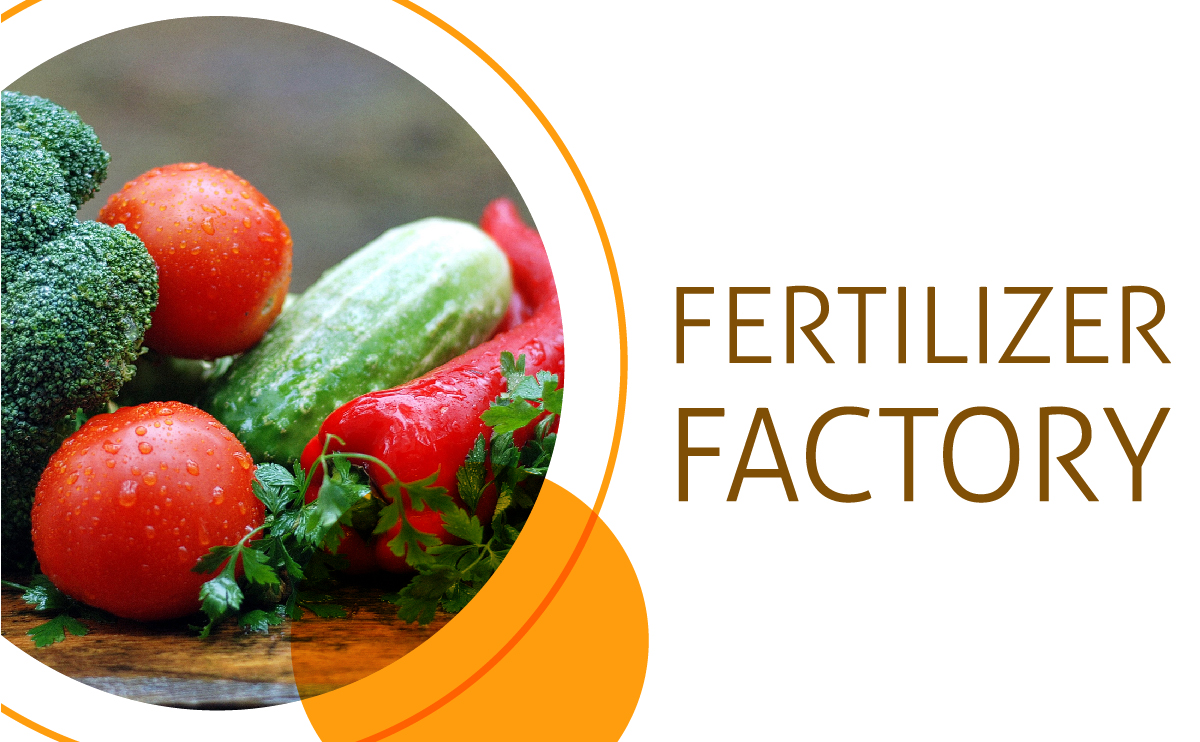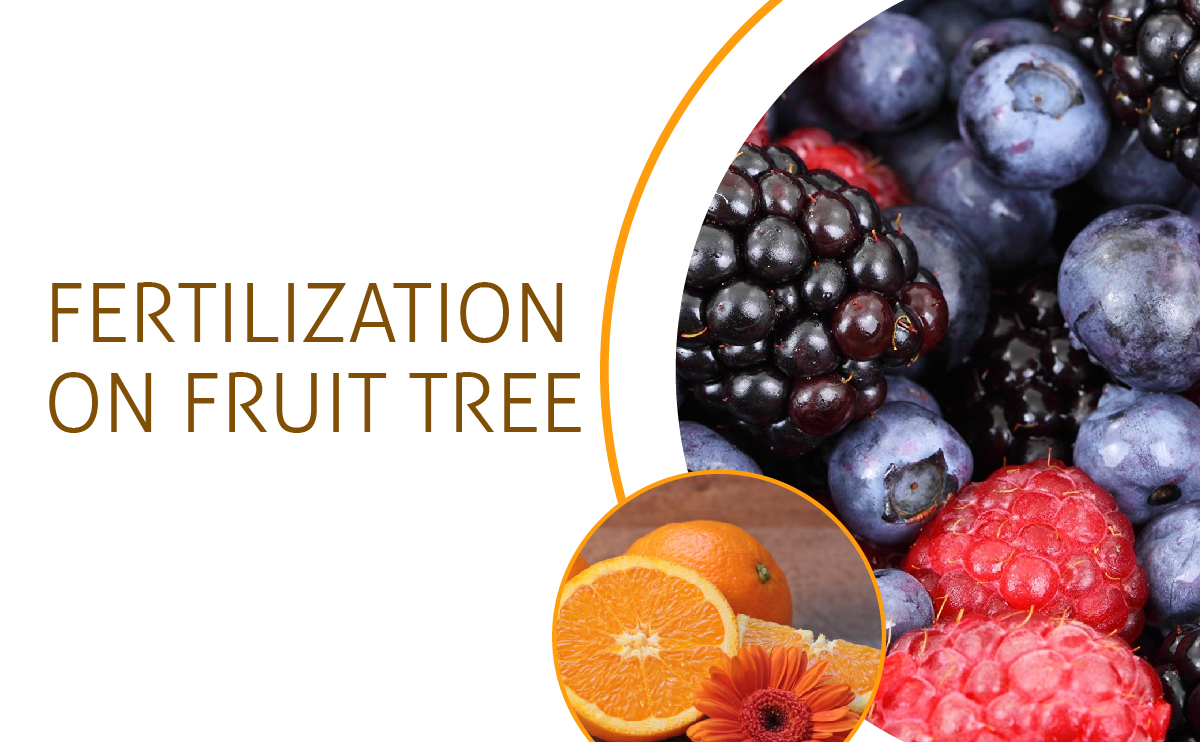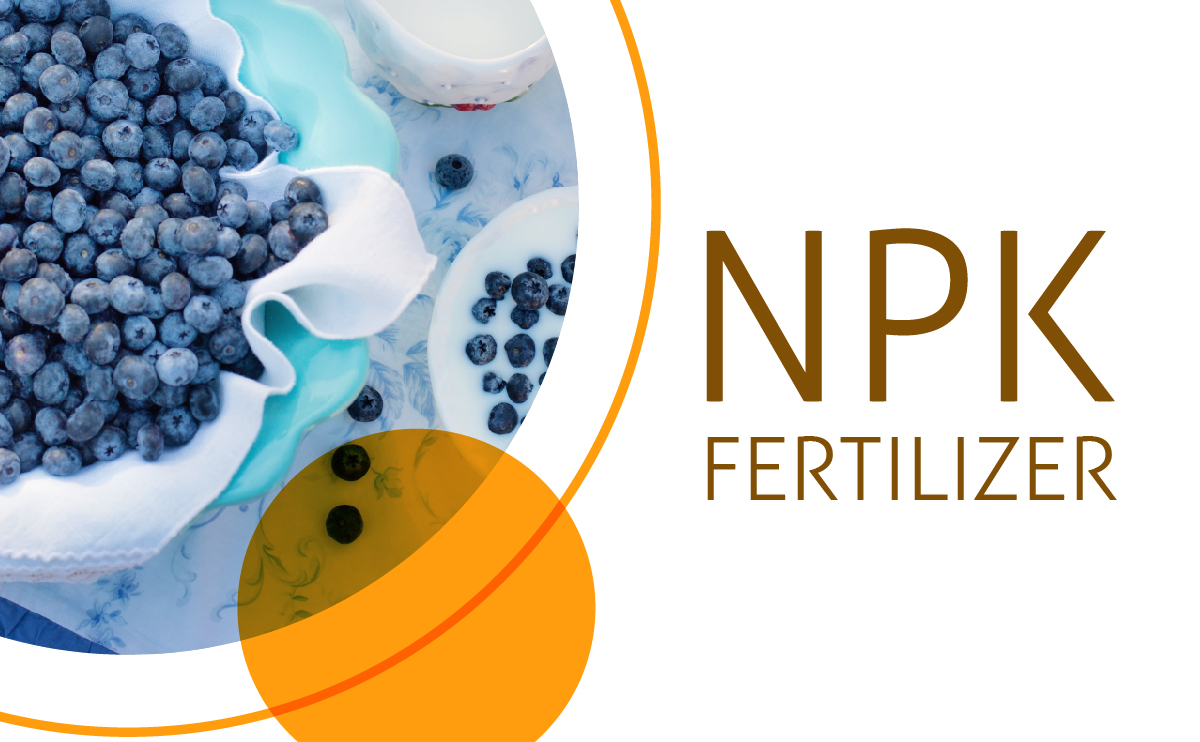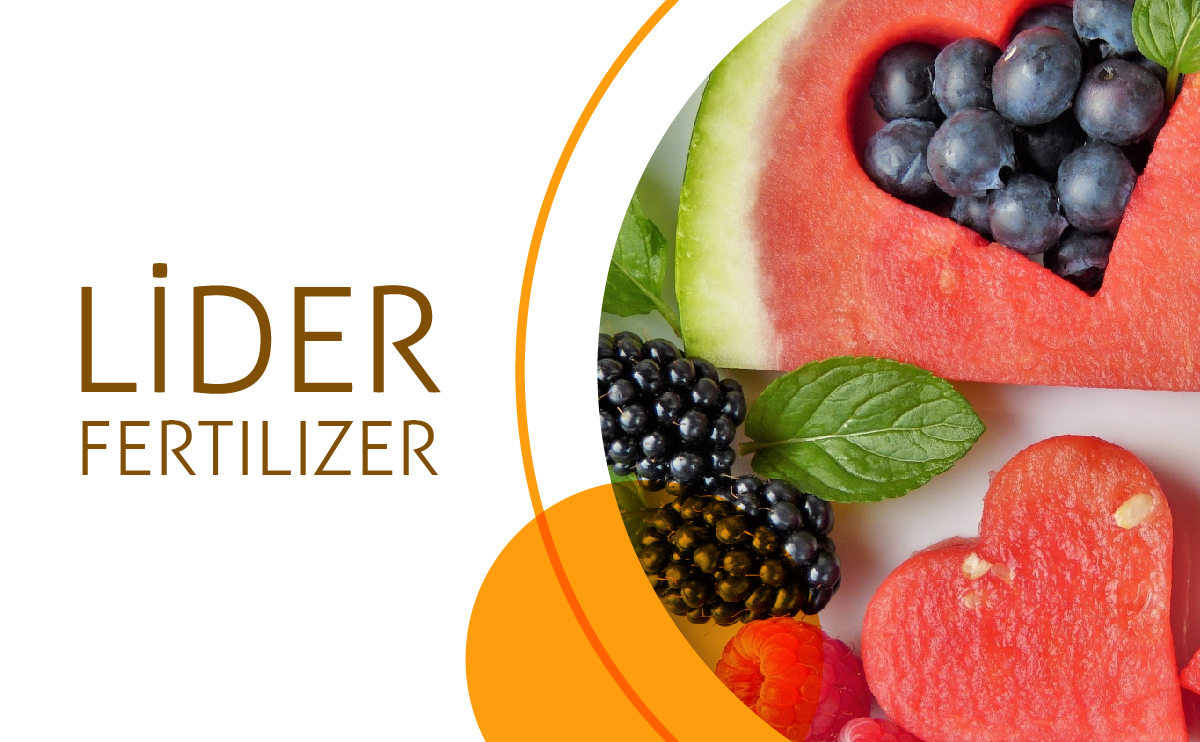Growing garden vegetables is an enjoyable way to get healthy and nutritious food, as well as connect with nature. However, it is important to know the correct fertilization techniques in order to grow healthy and productive vegetables. In this blog post, we will explore important tips and correct application methods for fertilizing vegetables.
Soil Preparation:
A suitable soil environment is necessary for the healthy growth of vegetables. The fertilization process is an important step in increasing soil fertility and providing the nutrients that plants need. First, you can use compost or manure to enrich the garden soil with organic matter. This increases the nutrient holding capacity of the soil and encourages the development of the root systems of the plants.
Understanding Plant Nutrients:
Understanding the nutrients vegetables need helps you create the right fertilization schedule. In general, plants need three essential nutrients: nitrogen (N), phosphorus (P) and potassium (K). Nitrogen is important for leaf and stem growth. Phosphorus promotes root growth, while potassium improves the overall health and disease resistance of plants. It’s also important not to overlook other micronutrients that plants need.
Usage of Organic Fertilizers:
Organic fertilizers allow vegetables to access nutrients in a more natural and balanced way. Organic fertilizers such as compost, manure, seaweed, bone meal and blood manure are a rich source of nutrients for plants. Organic fertilizers release nutrients into the soil slowly and improve soil structure. This supports the root development of plants and increases soil fertility.
Correct Fertilization Timing:
Fertilizing vegetables at the right timing is critical to growth and productivity. Generally, fertilizing during the active growth period of vegetables is the most effective method. For this, fertilizer is usually applied to the soil before planting. It is also important to keep fertilizing at regular intervals throughout the season, depending on the growth stage of the plants. For example, extra fertilization during flowering or fruit setting can increase plant productivity.
Correct Dosage:
Correctly adjusting the fertilizer dosage is important to meet the nutrients the plants need and to avoid the risk of over-fertilization. It is important to use the correct amount in accordance with the instructions on the fertilizer packages. Excessive fertilization can be harmful to plants and can also have environmental effects. Fertilizer needs of plants can vary depending on the type, size and growing stage. Getting help from local horticulturalists or agronomists can guide you in determining the correct dosage.
As a result, the correct fertilization of vegetables is an essential step for a healthy and abundantly productive garden. Factors such as soil preparation, selection of the right fertilizer types, determination of the appropriate dosage, regular fertilization program and pH control support the healthy growth and high productivity of plants by meeting the nutrients they need.
You can get more detailed information by contacting us at our contact numbers to get information about our products and more.

